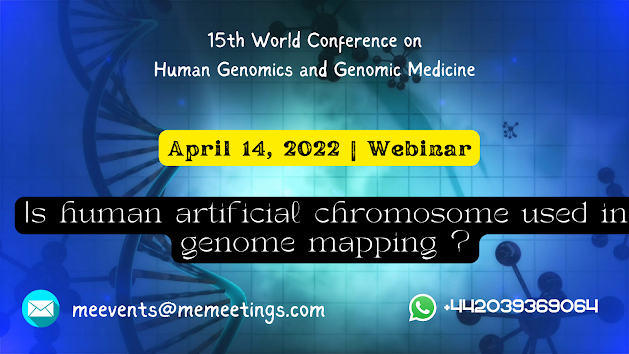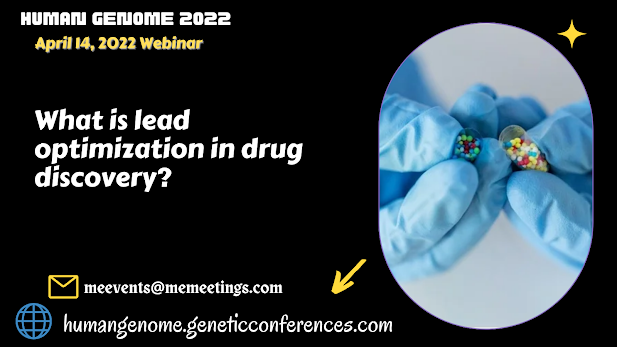How many genes do humans have?
The relevance of the human gene list could be emphasized. It is used in
thousands of investigations, including efforts to find the genetic basis of
cancer, complex illnesses like schizophrenia and dementia, Mendelian disorders,
and many more. "What genes are affected?" is frequently the first
inquiry addressed after getting DNA sequencing data for a sick
patient. This definition encompasses both noncoding RNA genes and
protein-coding genes, as well as all alternative splice variants at a single
locus, classifying them as gene variations. Its objective is to remove
pseudogenes, which are non-functional leftovers of real genes. However, this
definition begs the question of what is meant by functional, and a complete
definition of the term gene would most likely take several pages to define.
There is a piece of the puzzle piece
that divides human from animal and man from man. Our genes are roadmaps and
instructional manuals made up of DNA inherited from our parents. They instruct
our cellular machinery on which functional molecules to produce, influencing
the elements that go into life's activities. Our genes can impact our eye
colour, height, eyesight, and intelligence. In comparison to all other
living beings on our planet, we humans tend to think of ourselves as being at
the top of the food chain. Over three billion years, life has progressed from
single-celled organisms to multicellular plants and animals of different forms,
sizes, and talents. Along with increasing ecological complexity, we've seen the
emergence of intellect, complicated societies, and technical ingenuity
throughout the history of life.
Humans, on the other hand, were determined to
reclaim our rightful place at the top of the food chain, and we needed yet more
reason to raise ourselves above lowly beasts. We've decided that it's not the
amount of genes that matters, but how you utilise them, after so much soul
searching over our now-apparently inadequate genome size. We now believe that
human's unique complexity stems from the increased complexity of how genes are
put to function in humans, rather than the amount of genes we have.




Comments
Post a Comment